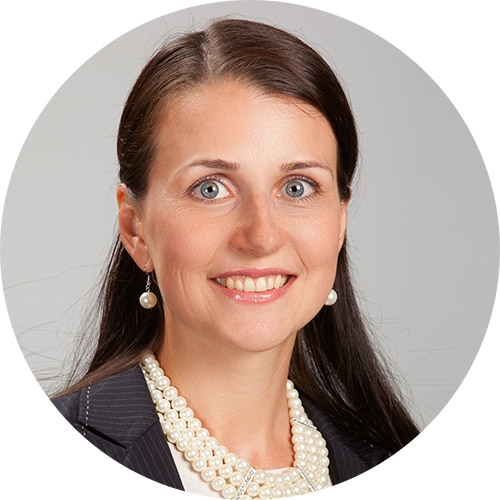20 August 2020
Experts from the Graduate School of Management of St. Petersburg State University (GSOM SPbU) took part in the online webinar devoted to cooperation of big business and social entrepreneurship, organized by the Center for Social Innovation and the Foundation for the Development of Small and Medium-Sized Businesses in St. Petersburg.
Is it possible to embed social projects into corporate social responsibility programs? What kind of support are social enterprises waiting for: mentoring, financial, some forms of grants or orders of goods and services. Where should we start and what business competencies are needed first? What are some examples of successful social entrepreneurship business models? Representatives of the business community, charitable organizations and government bodies took part in the discussion of these topics.

Yury Blagov, Associate Professor of the Department of Strategic and International Management at GSOM SPbU, Director of the Center for Corporate Social Responsibility named after PricewaterhouseCoopers, Director of the Project Management in Social Entrepreneurship Program, believes that business transformation in the face of aggravated global problems equally affects large companies and small businesses: “Social entrepreneurs in their pure form demonstrate that model of deep immersion in social and the environmental sphere, which implies significant costs and extremely low margins. Accordingly, the survival of such a business requires improving the business model, government support and, above all, the development of partnerships. For large companies today, this is nothing more than the development of a new model of corporate sustainability, which opens up new opportunities for cooperation with social entrepreneurship."

Yulia Aray, Associate Professor of the Department of Strategic and International Management, expert of the Foundations "Towards Changes" and "Our Future", expert of the Center for the Development of Non-Profit Organizations, Academic Director of International programs for additional professional education spoke about mutually beneficial formats of cooperation between social entrepreneurship and big business: “Today, interaction should move from the level charitable assistance to the level of partnership. As part of all business models of social entrepreneurship, mutually beneficial formats of cooperation can be found for both parties. For example, a social entrepreneur can act as a supplier of not only goods, but also services; create joint products with big business. And the highest level of partnership development can be the creation of joint programs and enterprises aimed at solving specific social and / or environmental problems. There are already many such examples in the world, and one of them is the partnership of the microfinance organization Grameen bank with Danone, Uniqlo, Adidas."
The webinar was held as part of the National Project "Small and Medium Enterprises and Support for Individual Entrepreneurial Initiatives" with the support of the Committee for Industrial Policy, Innovation and Trade of St. Petersburg, the Ministry of Economic Development of Russia.
При использовании данного сайта Вы подтверждаете свое согласие на использование ВШМ СПбГУ cookie файлов. С подробной информацией Вы можете ознакомиться, перейдя по ссылке.